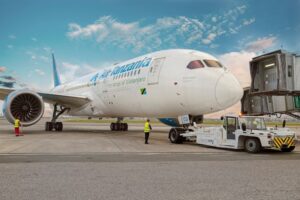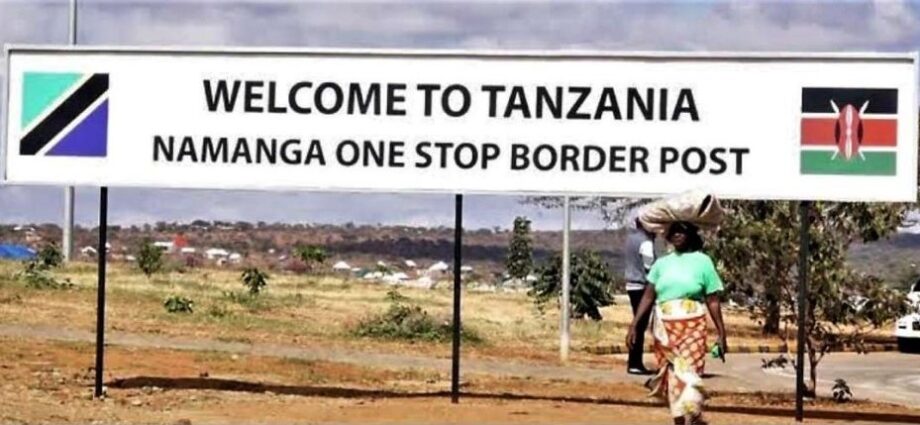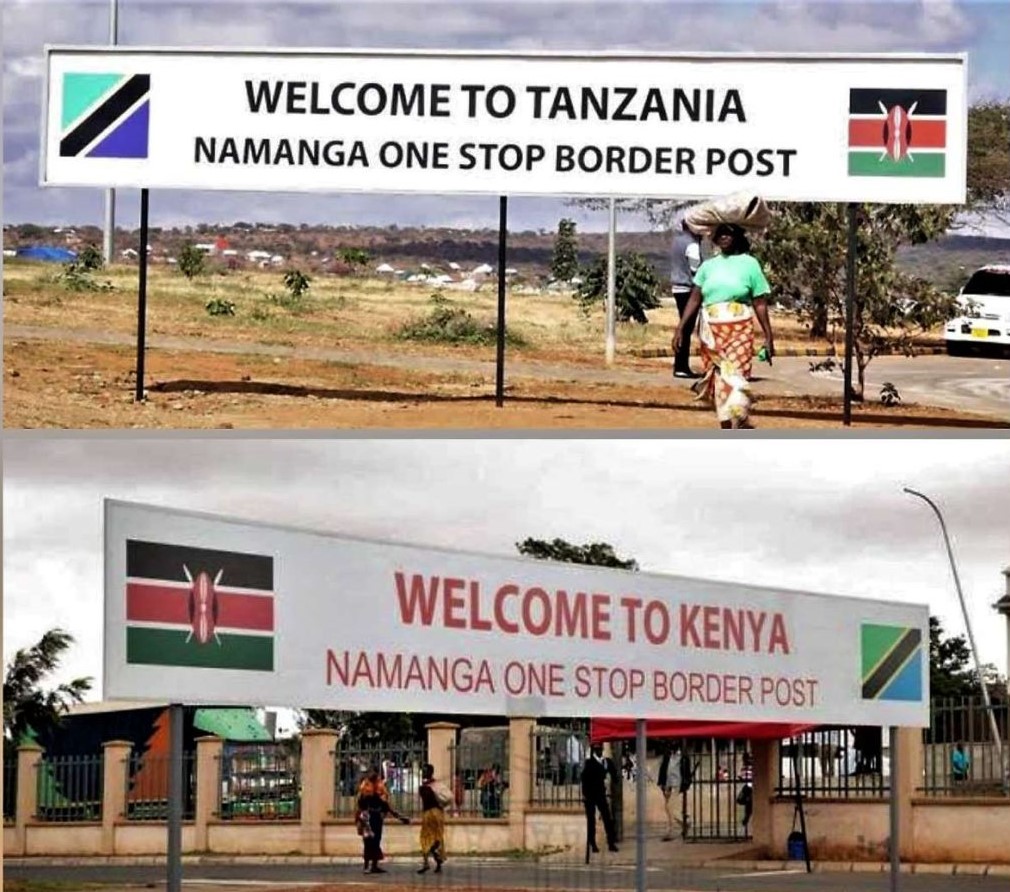Nairobi — The Postal Corporation of Kenya has launched a cross-border business partnership with the Tanzania Postal Corporation to facilitate ease of doing business and reduce delivery times between the two countries.
The partnership will also offer a platform that will ensure fast and efficient delivery of postal and courier services, with the ability to track and trace from origin to destination between the two countries.
Following the launch of the partnership, the time taken for a postal item to move between Kenya and Tanzania will be drastically reduced.
It will now take a postal item leaving Dodoma, Tanzania to Nakuru, Kenya, an average of 3 days. Previously, this would take up to 7 days, or more depending on the distance.
Other benefits of the partnership include enhanced cooperation in e-commerce opportunities, and identification of emerging opportunities and markets for the two corporations to grow business opportunities and generate revenue
The state corporations have also agreed to improve the postal and courier services between the two countries and bring on-board private sector players in the land and aviation sector to improve the time taken and processes involved on clearing import and export items.
Speaking at the the launch of the partnership, Posta Chairman Peter Kanaiya said the corporation was currently benchmarking with Tanzania Postal Administration in regard to their newly launched virtual Post Office, branded, Posta Kiganjani, with the objective of implementing the same in Kenya.
Esther Koimett, the Principal Secretary, State department of Broadcasting and Telecommunication said that from 2019, Kenya and Tanzania Postal Corporations have worked to resolve huddles to cross-border movement of postal and courier items.
In a speech read on her behalf by Paul Macharia, the Chief Economist in the ministry, Koimett said two Corporations have brought on-board private sector players in the land and air sectors to improve the time taken to clear import and export items.
This, she noted, includes the collaboration with airlines operating between Kenya and Tanzania; Kenya Airways, Air Tanzania and the relevant Revenue Authorities from both countries.
She said both Postal Administrations are actively improving the Isebania-Migori, Taveta, Loitoktok, Lunga-Lunga physical points in bid to serve customers better and improve service delivery.
“The most exciting part of this collaboration is the impact it will have to the small and micro enterprises which are active in cross-border business. They stand to benefit from the developments that offer friendly and seamless services through the Postal Network,” Koimett said.
Source: allafrica.com
Share this news
This Year’s Most Read News Stories

British Zanzibar Investor stuck in African island ‘hell hole’ prison
Simon Wood, a British Investor in Zanzibar is being held in a “hell hole” prison after being charged with money laundering by police on the paradise island of Zanzibar after he was arrested with his wife Francesca Scalfari. President of Zanzibar, Hussein Mwinyi, to recieve criticism for the couple’s detainment.Continue Reading

Zanzibar airport operators decry job losses over Dubai deal
Tanzania air operators say over 600 workers are set to lose their jobs after the semi-autonomous government of Zanzibar awarded a Dubai-based company exclusive rights to handle ground services at a refurbished airport.
The Tanzania Air Operators Association (Taoa) said in a statement that the contract awarded to Dnata, which is registered at the London Stock Exchange, was in breach of the law banning any company from having exclusive rights to ground-handling services at major airports.Continue Reading

Insecurity prompts Zanzibar to review its lucrative island leasing
The Tanzanian central government is planning to boost its security presence in the Zanzibar archipelago. A commission tasked with auditing the country’s security forces was appointed in July by President Samia Suluhu Hassan. It says it is concerned about the situation in the country’s Indian Ocean islands that are under the control of the semi-autonomous Zanzibar local government.Continue Reading












